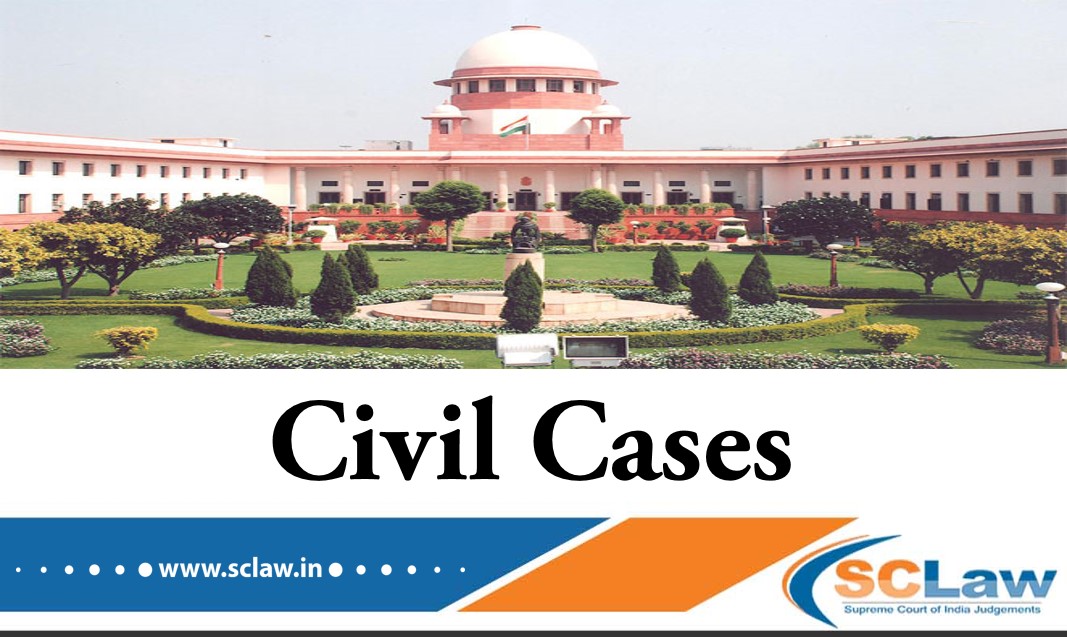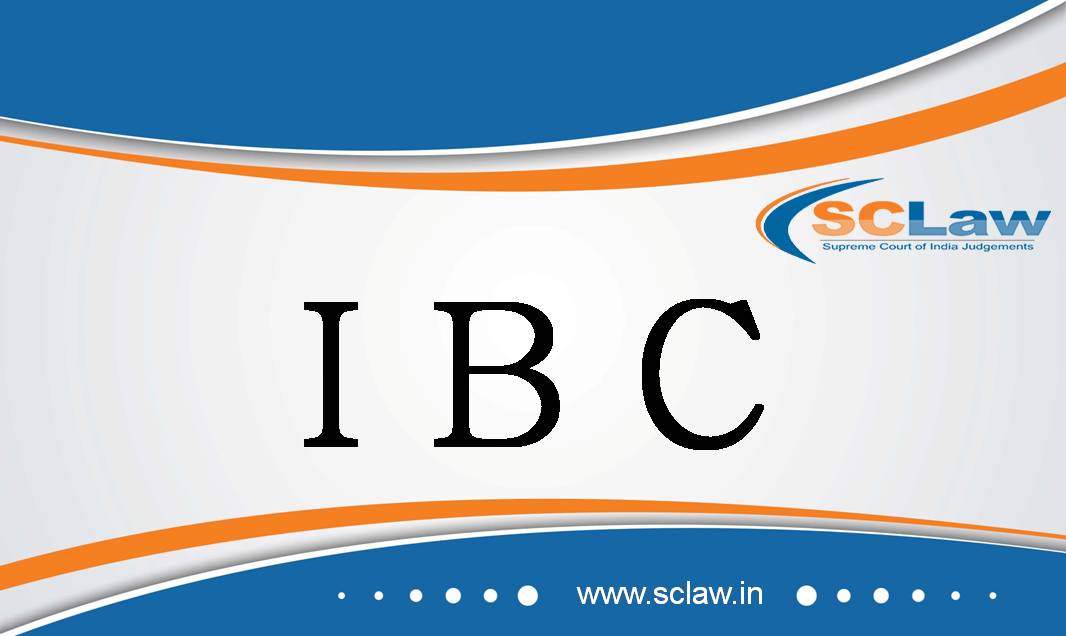Evidence of witness would fall in the category of “wholly unreliable” witness – As such, no conviction could be based solely on his testimony – Medical evidence could only establish that the death was homicidal – Only because motive is established, the conviction cannot be sustained – Appellants acquitted.
SUPREME COURT OF INDIA DIVISON BENCH MAHENDRA SINGH AND OTHERS — Appellant Vs. STATE OF M.P. — Respondent ( Before : B.R. Gavai and Hima Kohli, JJ. ) Criminal Appeal…









